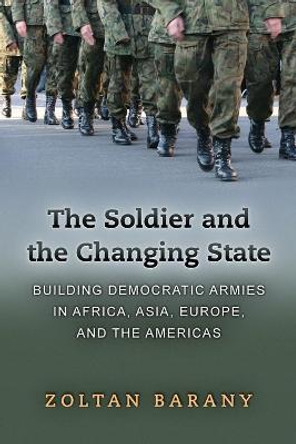What went wrong in Russia's decade-old post-communist transition? A group of leading young scholars answer this question by offering assessments of five crucial political arenas during the Yeltsin era: elections, executive-legislative relations, interactions between the central state and the regions, economic reforms, and civil-military relations. All of the contributors recognize that adverse historical legacies have complicated Russian democratization. They challenge structural explanations that emphasize constraints of the pre-existing system, however, and concentrate instead on the importance of elite decisions and institution-building. The authors agree that elites' failure to develop robust political institutions has been a central problem of Russia's post-communist transition. The weakness of the state and its institutions has contributed to a number of serious problems threatening democratic consolidation. These include the tensions between the executive and the legislature, the frail infrastructure for successful market reform, and the absence of proper civilian control over the armed forces.
First published in 2001, this book assesses five crucial political arenas during the Yeltsin era.Reviews'Michael McFaul's chapter on Russian elections is one of the best and most useful for students of Russia ... The well-written conclusion is among many other merits of the book. It skilfully assesses whether overall Russia has been successful in building a true democracy.' Choice
Book InformationISBN 9780521805124
Author Zoltan BaranyFormat Paperback
Page Count 276
Imprint Cambridge University PressPublisher Cambridge University Press
Weight(grams) 410g
Dimensions(mm) 229mm * 152mm * 16mm









